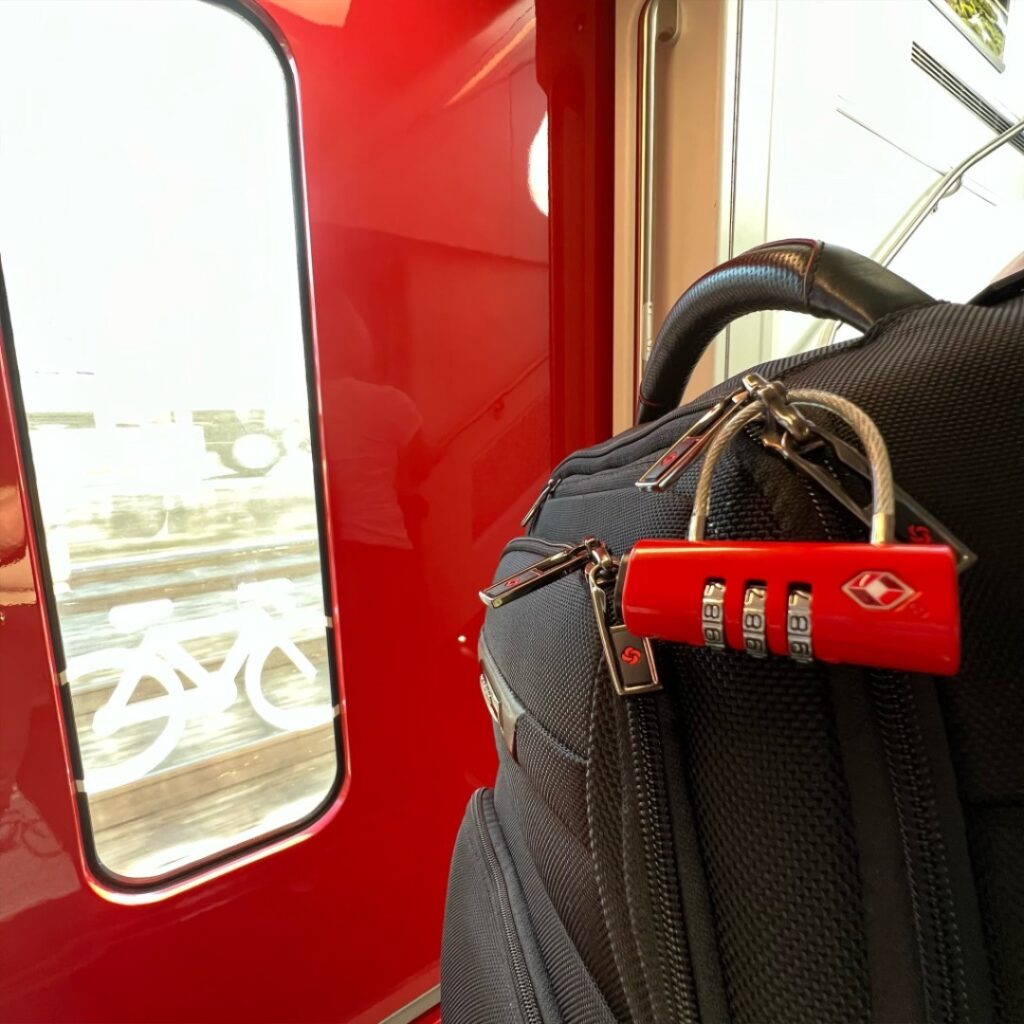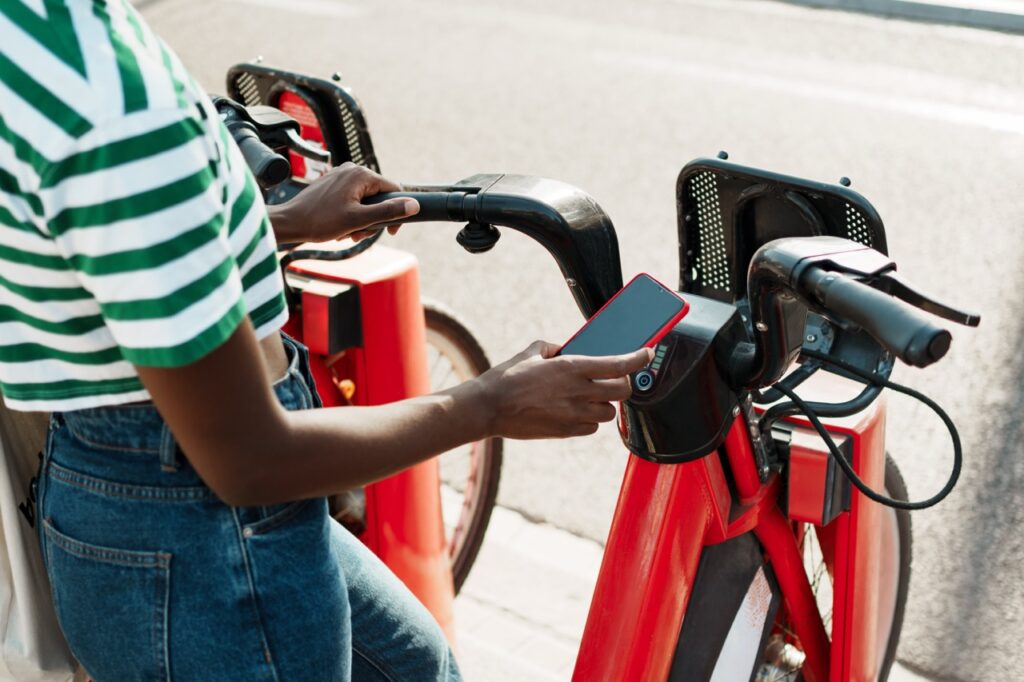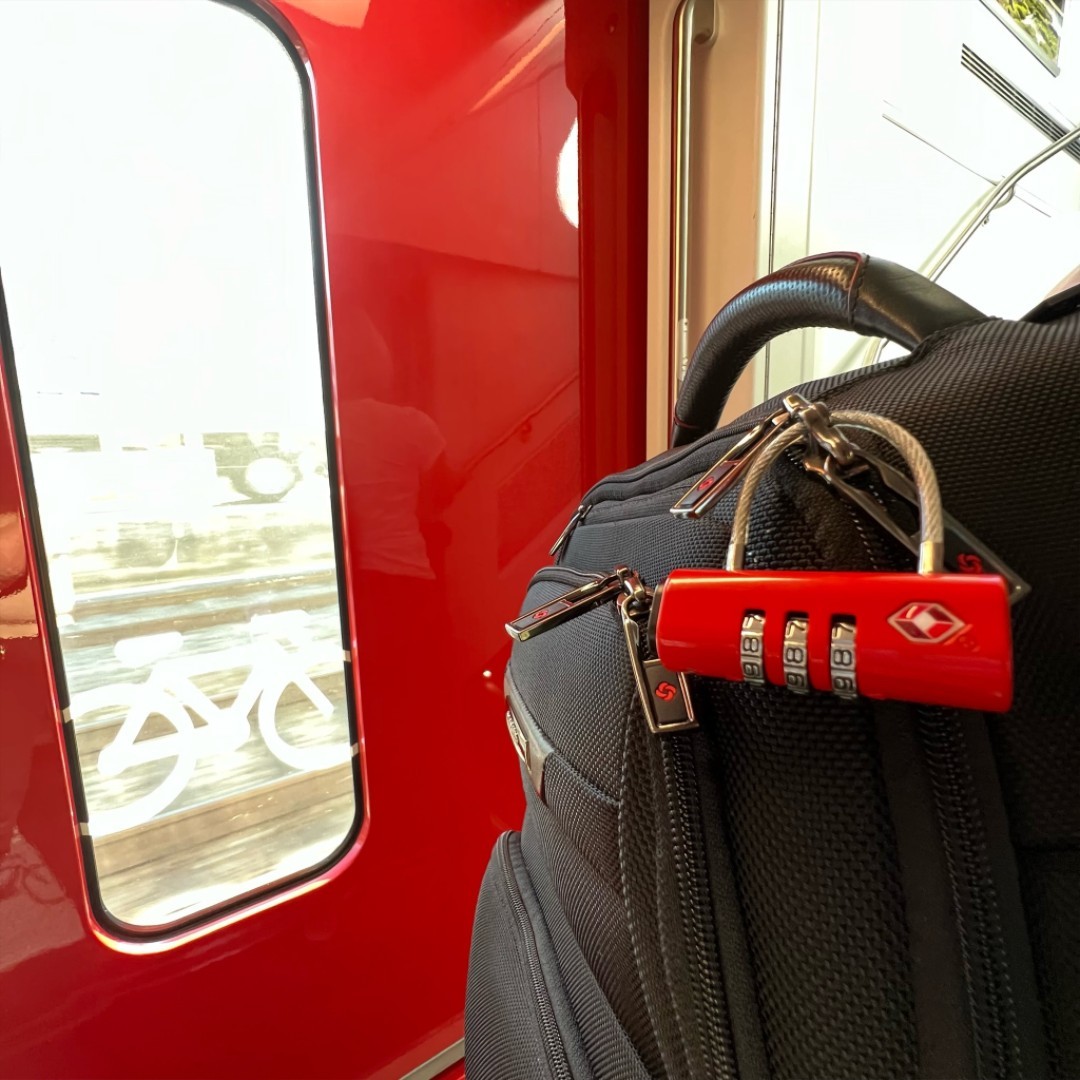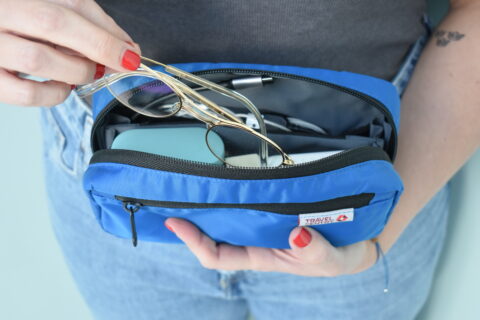5 Tips for Avoiding Travel Fraud
Planning a trip should be exciting, but wherever people travel, scammers follow. Every year, thousands of travelers fall victim to fake travel packages, online scams, credit card fraud and schemes targeting their personal information. Recognising warning signs early can help you avoid scams and enjoy your trip with confidence.
This guide draws on the Travel Sentry team’s expertise in travel safety.
1. Book Smart: Spot Red Flags Before You Pay

A large portion of travel fraud happens before the traveler even departs, often during the search for “cheap deals.” Scammers frequently create professional-looking websites or social media ads promoting luxury stays or deeply discounted travel packages. The offers often look legitimate at first glance, but the price or urgency is the giveaway.
One common pattern involves a “travel agent” or site offering a premium hotel or beachfront rental at a price that feels too good to be true. Travelers are asked to send money by bank transfer or through a non-refundable method and the listing vanishes the moment they pay.
To avoid scams like these:
- Use trusted travel agencies or book directly with airlines and hotels.
- Pay with credit cards, which offer strong fraud protection, rather than debit cards.
- Double-check website URLs and look for HTTPS encryption.
- Search reviews carefully, especially when booking through lesser-known platforms.
If the offer triggers hesitation due to the price, pressure or payment method, assume it’s a scam until proven otherwise.
2. Protect Your Personal Information and Valuables

Fraud isn’t always digital. Many travellers only realise they’ve been targeted after their bag is opened on a train platform or when a thief skims a card while they’re distracted at an ATM. Even a moment of inattention can expose your personal information and put your finances at risk.
You can dramatically reduce this risk by keeping valuables in zipped, concealed compartments and using Travel Sentry-approved locks on luggage and backpacks. These locks deter opportunistic theft, especially in shared accommodations or busy transit hubs. Digital security matters too: never store sensitive details in plain text on your phone and avoid using public computers for anything that requires a password or payment.
3. Stay Connected

When something goes wrong, having someone who knows your itinerary can make all the difference. Travelers who lose their phone or documents often struggle to regain access to accounts, especially if no one back home knows where they were headed.
Taking a solo ferry ride to a remote island, you might plan to “check in later,” but after a device goes missing or a scam drains a card, you’re left without a way to contact family, verify reservations or reach law enforcement.
To avoid this kind of vulnerability:
- Share your flight details, hotel names and general route with someone you trust.
- Store emergency contacts on paper and digitally.
- Enable secure location sharing with a friend or family member.
- Keep digital backups of passports, insurance papers and booking confirmations.
4. Be Cautious With Local Transactions and Transport

Many scams occur during everyday interactions: paying for transport, booking last-minute tours or responding to offers from overly friendly strangers. Fraudsters often rely on your unfamiliarity with local prices or customs.
A frequent issue happens at airports, where unlicensed drivers approach travelers with “fixed-price” rides only to inflate the cost upon arrival with manufactured fees for luggage or tolls. Some even refuse to release luggage until the traveller hands over cash.
To protect yourself in these moments:
- Use official taxi apps or licensed transport counters.
- Ask for prices before accepting any service.
- Avoid paying in cash when you can use trackable methods.
- Lock your bags, even during short transfers, to prevent tampering or bag-switching.
- Be mindful of “pop-up offers” on social media promoting instant tours or rentals
If anything feels rushed, unclear or unusually complicated, treat it as a red flag.
5. Buy Travel Insurance
Travel insurance is one of the strongest tools against fraud-related losses, but many travellers don’t realise that not all policies cover unauthorised transactions or lost access to funds.
When choosing a policy, make sure it covers theft, financial fraud and identity-related losses. Keep copies of all important documents and know the steps to file a complaint if something goes wrong.
Report issues quickly as delays can limit your ability to recover funds.
Travel with Confidence
By booking responsibly, securing your belongings, recognising common types of scams and knowing how to act when something feels off, you can significantly reduce your chances of falling victim to fraud.
At Travel Sentry, our mission is to help people travel safely and confidently. With secure luggage, smart planning, and clear awareness of warning signs, you can enjoy your journey with greater peace of mind wherever in the world it takes you.



